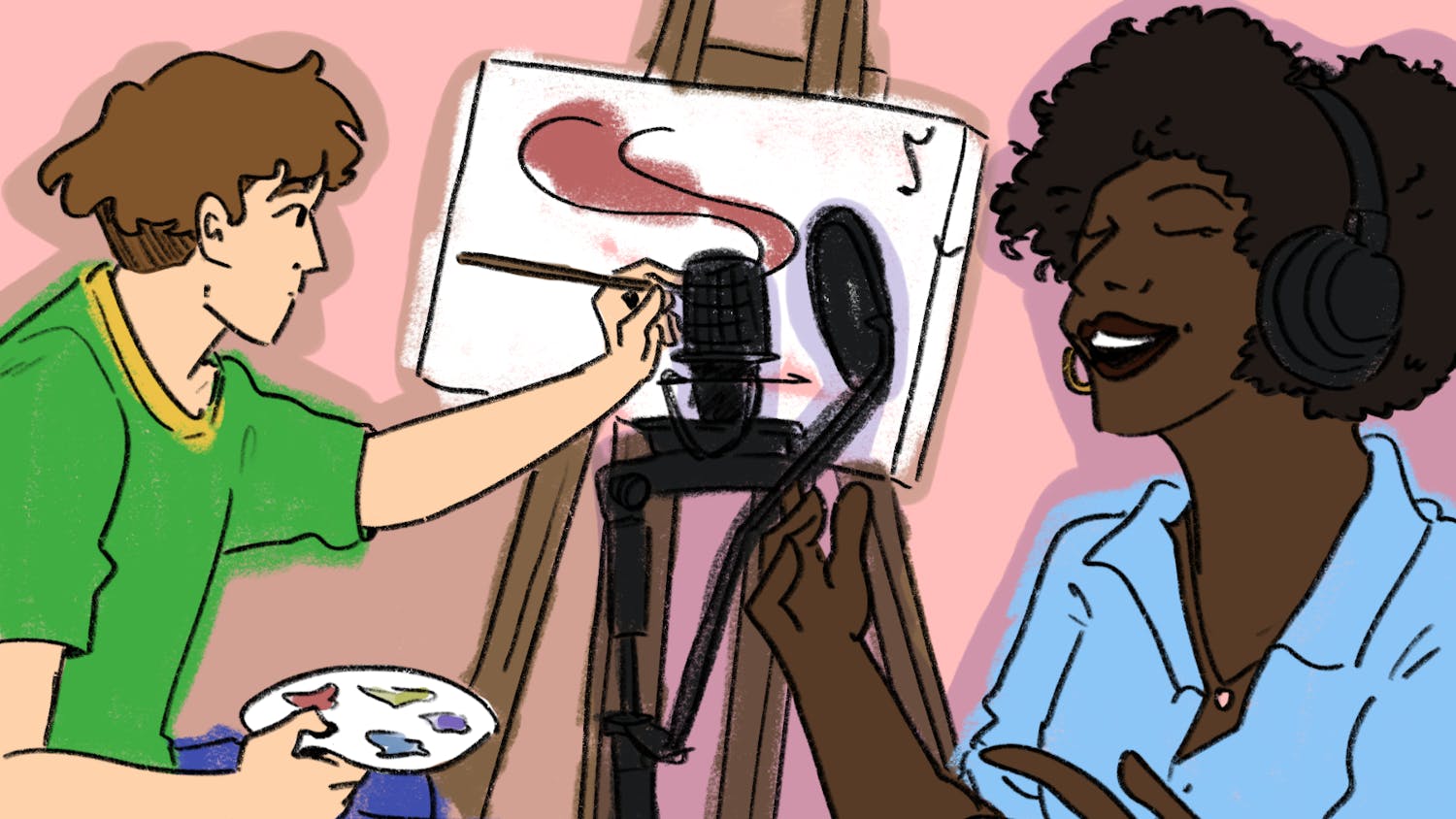There is a problem inherent in many great works of literature that are subsequently adapted for the screen: there are often multiple iterations of the same story being made approximately every decade. One can see this primarily in the works of literary greats William Shakespeare and Jane Austen. I, for one, found my eyes rolling far back into my head when I heard that there was to be yet another adaptation of "Romeo and Juliet" coming out this year, this time written by Julian Fellowes, creator of the hit drama "Downton Abbey" no less. That's not so much a dig at "Downton Abbey" as it is an attempt to mentally prepare myself for what is sure to be another run-of-the-mill adaptation of a story I have heard and seen a thousand times over.
As such, how does one avoid this problem when making an adaptation? Not making the film does not seem to be an option. After all, these stories are popular for a reason and popularity always equals money in the film industry. As director Baz Luhrmann and the latest adaptation of "Anna Karenina" (2012) show us, the best way to distinguish your iteration is to make it so radically different that future adaptations will have to step up their game to move out of your shadow.
"Anna Karenina" is the classic story of the eponymous character, played by Keira Knightley, a somewhat happy Russian aristocrat who falls madly in love with Count Vronsky (Aaron Taylor-Johnson), a young and dashing cavalry officer. Anna's affair has grave consequences not only for her, but also for her long-suffering husband Alexi (Jude Law).
At first glance, purists of the book may notice that the film comes in at a relatively sparse 130 minutes compared to the book's mammoth length. Tom Stoppard, perhaps the most accomplished modern playwright living today, captures the essence of the book in his screenplay within the running-time of the film. However, it is not Stoppard's screenplay of "Anna Karenina" that makes it remarkable. Rather, it is the film's visual style which is all thanks to its director, Joe Wright.
Wright has become a favorite of mine in recent years. I first really noticed his mastery of the craft while watching "Atonement" (2007), particularly its five-minute long take during the scene at Dunkirk. Watching his evolution as a director, I've come to love the fact that he's not afraid to take risks. His last movie before "Anna Karenina" was "Hanna" (2011), a rather charming tale about a child assassin who brutally kills anyone who stands in the way of her quest for revenge. It could have played out as some Tarantino-lite version of "Kill Bill" (2004), but it did not, and the credit for that lies solely with Wright.
The biggest contribution he brings to "Anna Karenina" is his decision to frame the film as a stage play. Most of the action takes place in an abandoned theater in which scene changes are framed as set transitions, actors run through the rafters and the seating areas of the auditorium are utilized in grand fashion to stimulate a racetrack. It was a risky move, but one that Wright pulled off beautifully.
To illustrate this point, it would be prudent to examine the only scenes not set on the stage: the ones that involve the subplot of Konstantin Levin (Domhnall Gleeson), a lovestruck land-owner who questions his life after being cast aside by the love of his life, Kitty (Alicia Vikander). These scenes are filmed in the idyllic Russian countryside, and when we are introduced to this beautiful landscape, the film makes sure to do so in grand fashion as Levin walks off the stage and into the real world.
At first glance, it would seem that this artistic choice could be seen as a way to not insult the audience. After all, how would one recreate a beautiful and rolling countryside effectively on a stage? But Wright uses Levin and the countryside to delve deeper into the film's psyche. A major theme of the book revolves around the social mores of the time and the hypocrisy and fakery of Russian high society. By setting most of these scenes on a stage, Wright wants to reinforce that theme and remind the audience how artificial and constructed this society is.
By contrast, Levin rejects Russian high society and is looked down on for it. However, it does not matter, as he has the love of his serfs and the beauty of his land to satisfy him. All he needs to be complete is the love of Kitty, a love that is pure and genuine unlike the torrid and unstable affair between Anna and Vronsky.



